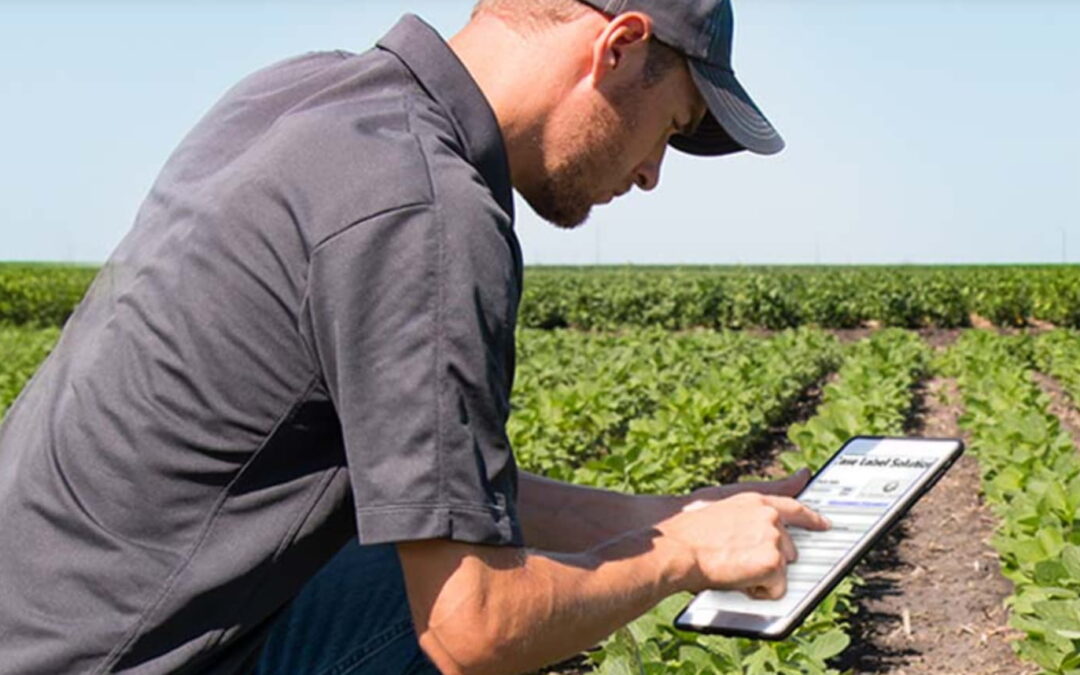If you’re reading this, the concept of farm traceability software might not be one you’re thoroughly familiar with. But that doesn’t make it any less important and influential. Have you ever wondered how your food gets from the farm to your table? Sustainable and eco-friendly farming practices have become increasingly important in recent years.
But how can we ensure that the food we eat is produced in an environmentally friendly way? One potential solution is agricultural traceability software.
Farm Traceability Solutions in Eco-Farming
Traceability software can play a significant role in promoting greener and more sustainable agriculture. Here are four ways in which it can contribute to eco-farming.
Efficient Resource Management
Think of a farm as a vast, complex network of interconnected processes. Traceability software provides a detailed understanding of these processes, much like having a map to navigate.
With this information, farmers can manage their resources more efficiently, reducing waste and conserving resources. Efficient resource management is a key component of eco-farming, as it helps to reduce the environmental impact of farming practices.
Reduced Environmental Impact
Agriculture traceability software can also contribute to reducing the environmental impact of farming practices. By tracking inputs and outputs, farmers can identify areas where they can reduce their environmental footprint. For example, by reducing the use of pesticides or fertilizers, farmers can help to reduce pollution and protect the environment.
Improved Supply Chain Transparency
This technology can track a product from the farm to the table, providing information about its origin, processing, and transportation. This transparency helps to promote sustainable and transparent farming practices, such as the farm-to-table movement.
Better Decision-Making
Traceability software can equip farmers with valuable data insights that lead to better decision-making. By analyzing data on inputs, outputs, and yields, farmers can make informed decisions about which practices are most effective. Data insights are like a compass to navigate decision-making, helping farmers to prioritize sustainable and eco-friendly farming practices.
Conclusion
Clearly, farm traceability software has the potential to revolutionize the way we produce food, promoting sustainable and eco-friendly farming practices.
As consumers, we can play a role in promoting these practices by supporting industries and businesses using traceability infrastructure. Implementing this software can help to create a more sustainable food system. So why not take action today and join the eco-farming movement?

